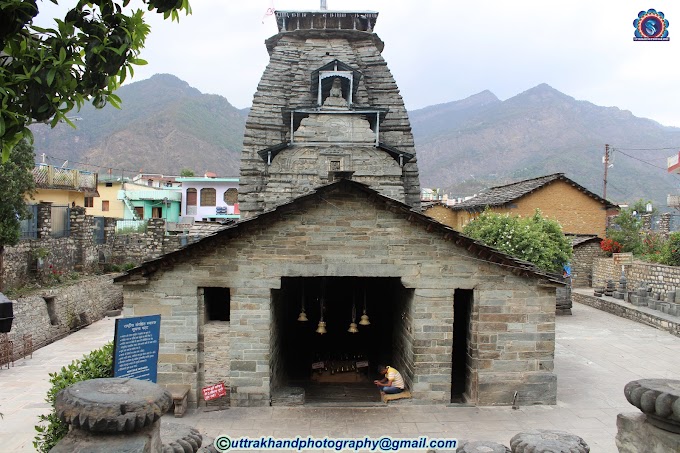 |
| Preamble of the Constitution of India and Explanation |
🇮🇳 Preamble of the Constitution of India
“We, the People of India, having solemnly resolved to constitute India into a
SOVEREIGN SOCIALIST SECULAR DEMOCRATIC REPUBLIC
and to secure to all its citizens:JUSTICE, social, economic and political;
LIBERTY of thought, expression, belief, faith and worship;
EQUALITY of status and of opportunity;
and to promote among them all
FRATERNITY assuring the dignity of the individual and the unity and integrity of the Nation;IN OUR CONSTITUENT ASSEMBLY this twenty-sixth day of November, 1949, do HEREBY ADOPT, ENACT AND GIVE TO OURSELVES THIS CONSTITUTION.
📌 Key Terms in the Preamble (Explained)
| Term | Meaning |
|---|---|
| Sovereign | India is independent in internal and external affairs |
| Socialist | Emphasizes social and economic equality; added by 42nd Amendment (1976) |
| Secular | Equal treatment to all religions; added by 42nd Amendment (1976) |
| Democratic | Government by the people, through elected representatives |
| Republic | Head of state is elected, not hereditary |
| Justice | Fairness in law, society, and economy |
| Liberty | Freedom of thought, belief, worship, and expression |
| Equality | Equal rights and opportunities for all |
| Fraternity | Promotes brotherhood and unity among all citizens |
📅 Adopted on: 26 November 1949
🎉 Came into effect: 26 January 1950 (Republic Day)
Absolutely! Here's a line-by-line explanation of the Preamble to the Constitution of India with simple meanings and real-life examples to help you understand it better:
🇮🇳 Preamble of the Indian Constitution – Line by Line Explanation
“We, the People of India,”
🔎 Meaning: The Constitution derives its power from the people, not from any monarch or foreign authority.
✅ Example:
Just like people vote in elections and elect their representatives — the Constitution says it is the will of the people that created this law.
“having solemnly resolved to constitute India into a”
🔎 Meaning: The citizens have taken a serious pledge to form India as a nation with certain values and structure.
✅ Example:
Like a school forms its own student council with rules for discipline and functioning, India is forming its own governed system with principles.
“SOVEREIGN”
🔎 Meaning: India is independent, not controlled by any other country or external power.
✅ Example:
India can make its own foreign policy (e.g., choosing trade deals or international alliances) without outside approval.
“SOCIALIST” (added in 42nd Amendment, 1976)
🔎 Meaning: India aims to reduce inequality between rich and poor and provide equal opportunities.
✅ Example:
Government schemes like MNREGA, subsidized food, free education, and healthcare help uplift the weaker sections of society.
“SECULAR” (added in 42nd Amendment, 1976)
🔎 Meaning: The state does not favor or discriminate against any religion. All religions are equal before the law.
✅ Example:
You can follow any religion or no religion, and still enjoy all rights equally — e.g., a Sikh, Muslim, Hindu, or Christian child all get the same education in a government school.
“DEMOCRATIC”
🔎 Meaning: The government is elected by the people through universal adult franchise (voting rights).
✅ Example:
In every election, citizens vote to choose their leaders — this is the essence of democracy.
“REPUBLIC”
🔎 Meaning: The head of state (President) is elected, not a hereditary monarch.
✅ Example:
Unlike the UK (which has a King), India’s President is elected by MPs and MLAs — making it a Republic.
“and to secure to all its citizens:”
🔎 Meaning: The Constitution promises to ensure certain basic rights and values to every citizen of India.
“JUSTICE, social, economic and political;”
🔎 Meaning: Fair treatment in society (social), resources (economic), and governance (political).
✅ Example:
-
Social: No untouchability or caste discrimination
-
Economic: Equal pay for equal work, job reservation for backward classes
-
Political: Right to vote and contest elections
“LIBERTY of thought, expression, belief, faith and worship;”
🔎 Meaning: Freedom to think, speak, and follow any religion or belief system.
✅ Example:
-
You can criticize government policies (within legal limits)
-
You can follow any religion or no religion at all
-
You can express your opinions freely on social media or in art
“EQUALITY of status and of opportunity;”
🔎 Meaning: All are equal before the law and should get equal chances in life.
✅ Example:
-
No discrimination based on caste, gender, religion, or wealth
-
Reservation policies and scholarships are tools to ensure equal opportunity
“and to promote among them all”
🔎 Meaning: To encourage these values among all citizens, regardless of differences.
“FRATERNITY assuring the dignity of the individual and the unity and integrity of the Nation;”
🔎 Meaning: Promote brotherhood among citizens, protect dignity, and maintain national unity.
✅ Example:
-
Treating people with respect, regardless of background
-
Standing together in times of crisis (e.g., natural disasters, national events)
-
Respecting diversity while staying united as Indians
“IN OUR CONSTITUENT ASSEMBLY this twenty-sixth day of November, 1949,”
🔎 Meaning: The Constitution was adopted by the Constituent Assembly on 26 Nov 1949.
“do HEREBY ADOPT, ENACT AND GIVE TO OURSELVES THIS CONSTITUTION.”
🔎 Meaning: The people formally accept and put into effect the Constitution, claiming ownership of it.
✅ Example:
It’s like writing your own rules for your home or office — India adopted this as its own law and guiding document.
📘 Summary:
The Preamble is a vision statement that summarizes what India stands for — justice, liberty, equality, and fraternity, under a sovereign, socialist, secular, democratic, and republican framework.

.jpg)



















Follow Us